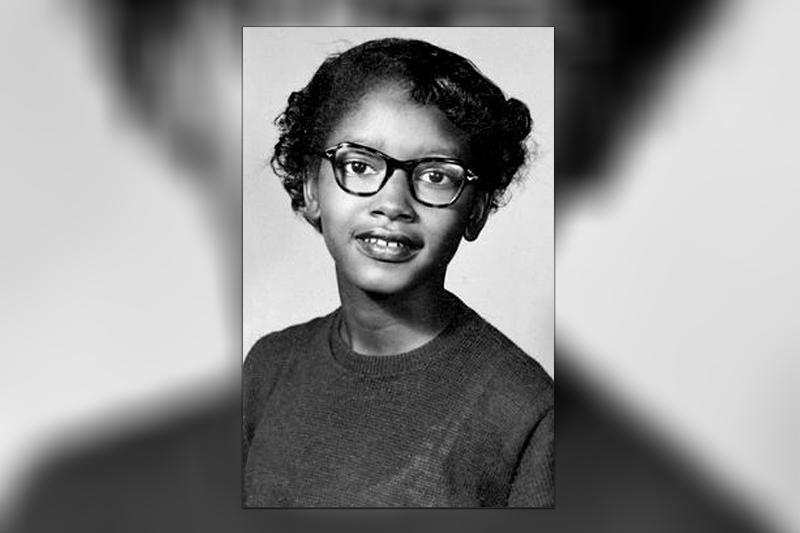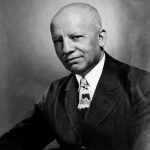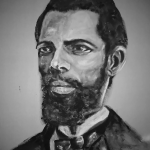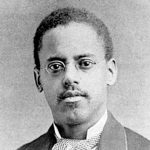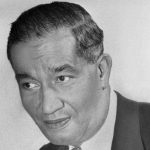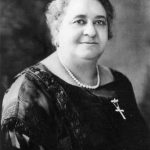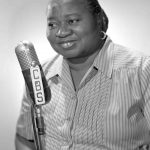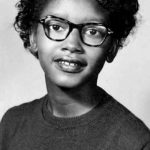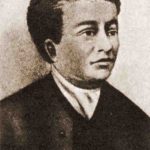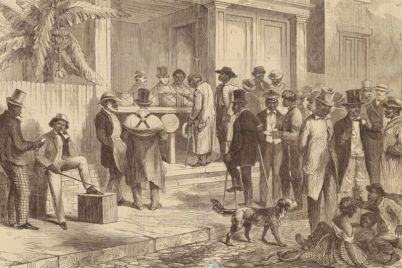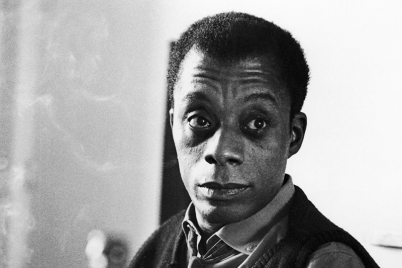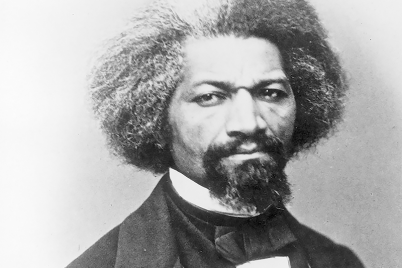Nine months before Rosa Parks, there was a young 15-year-old teenager named Claudette Colvin, who refused to give up her seat to a white man on a public bus in Montgomery, Ala.
BY JENNIFER GAMBLE-THEARD, M.ED.
It’s a serious matter to know the history of African Americans. Or perhaps the alternative could be that the only account we have would be slavery and therefore no intellect to control our future.
Dr. Carter G. Woodson, the founder of Black History Week and the Study of African American Life and History (ASALH), wanted to ensure the physical and intellectual survival of the race within the broader society. He once said, “If a race has no history, it has no worthwhile tradition, it becomes a negligible factor in the thought of the world, and it stands in danger of being exterminated.”
There are many interesting little-known facts about the remarkable accomplishments achieved by enslaved people and their descendants. We must look beyond the presentations of the yearly historical figures and usual suspects who are showcased during Black History Month.
Especially for your information and knowledge, presented here are a few outstanding individuals who achieved above and beyond, but we just don’t hear that much about them.
Let’s look in the field of medicine at a little-known figure from the 1700s. An African-born man by the name of Onesimus introduced the idea of vaccination to Puritan minister Cotton Mather about the tradition of inoculation that was practiced in his home region in Africa.
Together they began to inoculate soldiers thereby saving many lives. The medical community in Boston at that time did not trust African medical practices and ridiculed Onesimus and Mather.
Mather is a noted historical figure, but not much was ever mentioned about Onesimus. It wasn’t until 2016 that he was recognized as a medical hero in the Boston area.
Lewis Latimer was another African American pushed into the fringes of his profession. He along with Joseph Nichols invented the lightbulb with a carbon filament in 1881, which was an improvement on Thomas Edison’s original paper filament.
Also, Latimer supervised the installation of public electric lights in major American cities, but Edison gets most of the credit for inventing the light bulb.
We have Frederick McKinley Jones to thank for our fresh groceries, for he invented the air cooling units used in transport trucks in the 1920s. Phil Brooks, another African-American inventor received the first U.S. patent for the disposable syringe.
Those of you who are Omega Psi Phi Fraternity brothers may already know that their fraternity was the first to initiate a program by the name of Negro History and Literature Week in 1913. This is perhaps one of the biggest traditions ever started by a college fraternity thanks to Dr. Carter G. Woodson who was an Omega and suggested that the fraternity should give more attention to African-American life and history.
Maggie Walker of Richmond, Va., was the first female president of any bank in the United States. While other women were unable to make moves, she was making waves with her bank and newspaper publishing company.
Around the early 1900s, she achieved success with the vision to make improvements in the way of life for African Americans and women by encouraging bank savings and her lending practices.
Back in 1939, Hattie McDaniel was the first African American to win an Oscar in the role of Best Supporting Actress for “Gone With The Wind.” She paved the way for many other black actors but had not been allowed to attend the premiere event of the movie due to Jim Crow laws in Atlanta.
Josephine Baker is another notable entertainer. Not only was she an iconic dancer and singer, but she was also a spy for the French military during World War II. Since the French adored and respected her, she moved to Paris and renounced her American citizenship.
Most noteworthy, nine months before Rosa Parks, there was a young 15-year-old teenager named Claudette Colvin, who refused to give up her seat to a white man on a public bus in Montgomery, Ala. Although she was ordered to get up, she refused as she thought about Sojourner Truth and Harriet Tubman. Just like Rosa Parks, she was arrested for the act of civil disobedience.
We must know about Benjamin Banneker, who taught himself astronomy and math and came to be known as America’s “first African-American man of science.” Banneker published almanacs that included astronomical calculations, weather conditions, and tide tables, as well as poetry and writings on literature, medicine and politics. He was hired in 1791 to assist in surveying the territory for the nation’s new capital, Washington, D.C.
Those individuals mentioned are only a few of the vast number of African Americans who have contributed so much to the world, not just to be mentioned in Feb. There are facts relating to numerous achievements and contributions of the black community in both Africa and the Americas throughout the history of human civilization. ASALH continues to seek and share knowledge of our greatness.
Jennifer Gamble-Theard, M.Ed. is a retired Pinellas County educator in the study of history and language. She is also the historian for the St. Petersburg Branch of ASALH.

